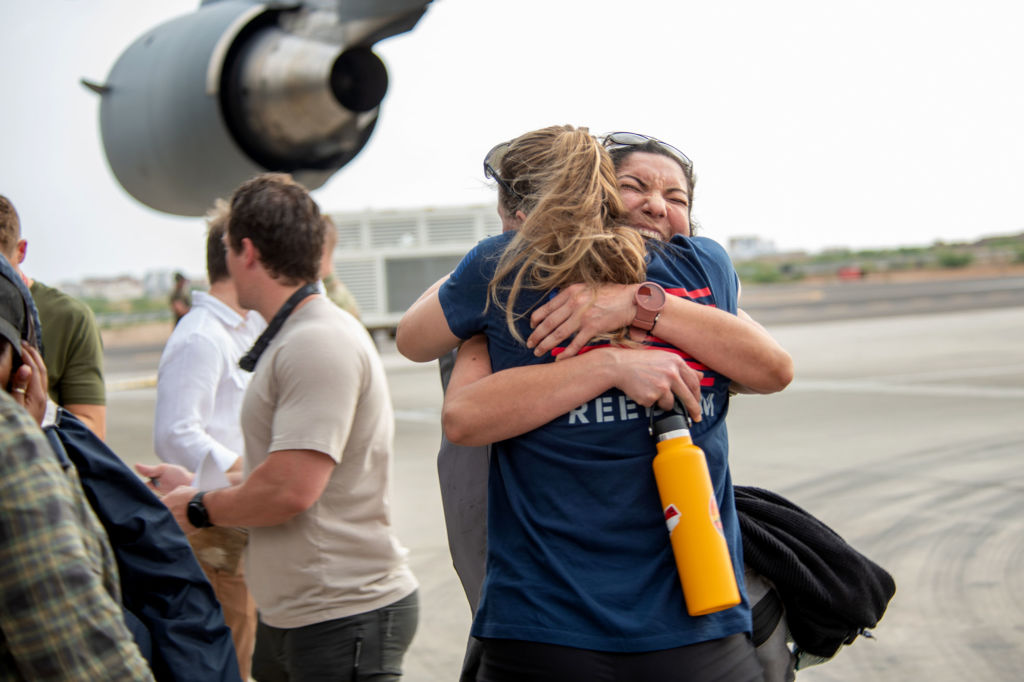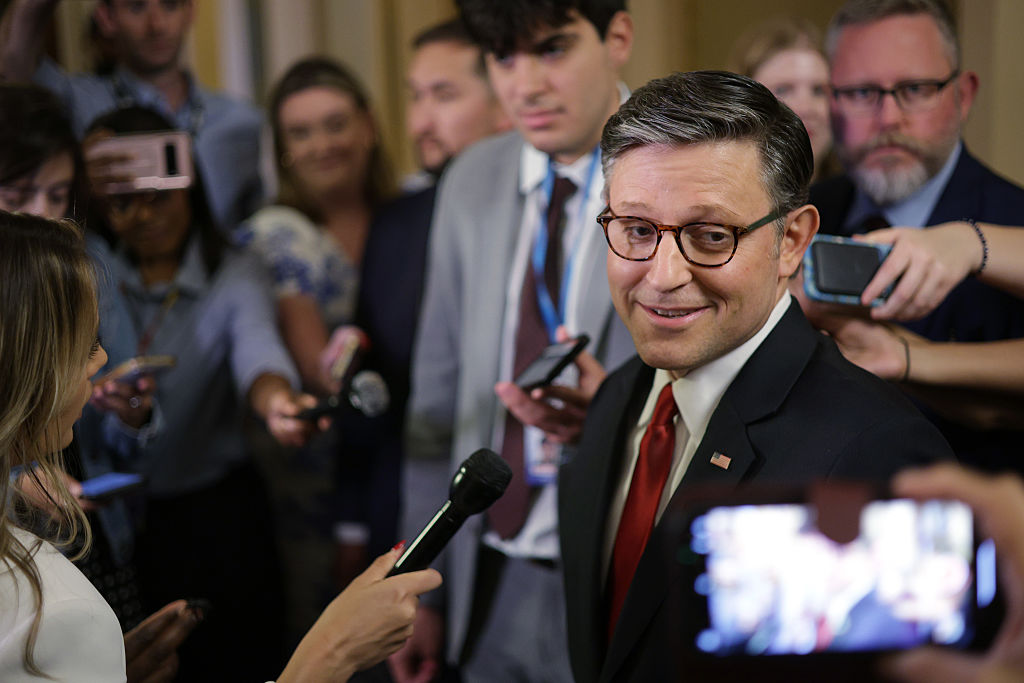Over the weekend, US special forces evacuated American embassy personnel from Sudan in a nearly day-long operation. The evacuation came as the African country descended into near civil war on April 15 when the Sudanese Armed Forces and the Rapid Support Forces took their disagreements to the battlefield. US forces managed to get all of the personnel — along with a number of foreign individuals — out of the country safely, flying about 800 miles from Khartoum back to Djibouti in three heavy-lift helicopters.
The decision to leave an embassy is not an easy one, and is typically reserved for only the most severe circumstances (Kyiv in early 2022, for example). “The decision to suspend operations at the embassy,” said secretary of state Antony Blinken, “is among the most difficult that any secretary has to make.” Under secretary for management John Bass added, “I can tell you as a career professional, none of us ever want to take the flag down and have to depart.”
Past mistakes and disasters undoubtedly weighed on the administration’s decision, not least given the debacle Biden presided over in Afghanistan. Everyone remembers the embassy attacks in Iran in 1979 and Libya in 2011 — two of America’s lowest points in recent history, when Washington looked impotent and incompetent in the most basic of duties: protecting its diplomats.
America is not out of the woods yet, though. There are still thousands of US citizens in Sudan, some of whom want to get out — but the administration has said there will be no military evacuation out of the country for them. “We have advised Americans to not travel to Sudan since August 2021,” said State Department spokesman Vedant Patel on April 21, “and the US embassy in Khartoum’s security alert on April 16 stated that due to the uncertain security situations in Khartoum and closure of the airport, Americans should have no expectation of a U.S. government-coordinated evacuation at this time.” He continued, “It is imperative that US citizens in Sudan make their own arrangements to stay safe in these difficult circumstances.”
According to Politico, the State Department may be sending in a consular team to Port Sudan on Sudan’s Red Sea coast to help Americans leave, but that is not much solace given how vast the country is. Germany, France and the UK (just to name a few) got their citizens out of the country — and while they had fewer in Sudan to begin with, their militaries are also far less capable than Washington’s. America has the means to get its citizens out — it should use them.
If Americans die, some of the responsibility will lie with an administration that is both too weak and too cautious to do what needs to be done. The administration claims that its top priority is the safety of US citizens — but if that’s the case, an evacuation should be in the works. As Elliot Ackerman said at the Atlantic, “Protecting American civilians abroad used to be a sacrosanct government mission. Now it’s falling to private citizens.” He also pointed out that (contrary to State Department claims) not evacuating American citizens is a “startling break with… precedent”.
Unfortunately, the past decade has been one giant break from precedent in the realm of foreign policy. From failing to aid the US embassy in Benghazi (only to lie about the tragedy later) and letting Putin off the hook for snatching Crimea, to questioning NATO’s existence and abandoning allies in Syria, to a disastrous, deadly and utterly foolish withdrawal from Afghanistan and the glacial arrival of military support for Ukraine, a new normal has emerged. It is becoming less and less shocking when American leaders take the road of ease and weakness — in spite of the cost.
We can only hope and pray that the recently agreed ceasefire holds — and that US citizens in Sudan will find their way home safely. We should pray for the day, too, when the US government rediscovers leadership, courage and responsibility. It could learn from the incredible men and women of America’s armed forces who show these qualities daily, as demonstrated in this past weekend’s operation.

























